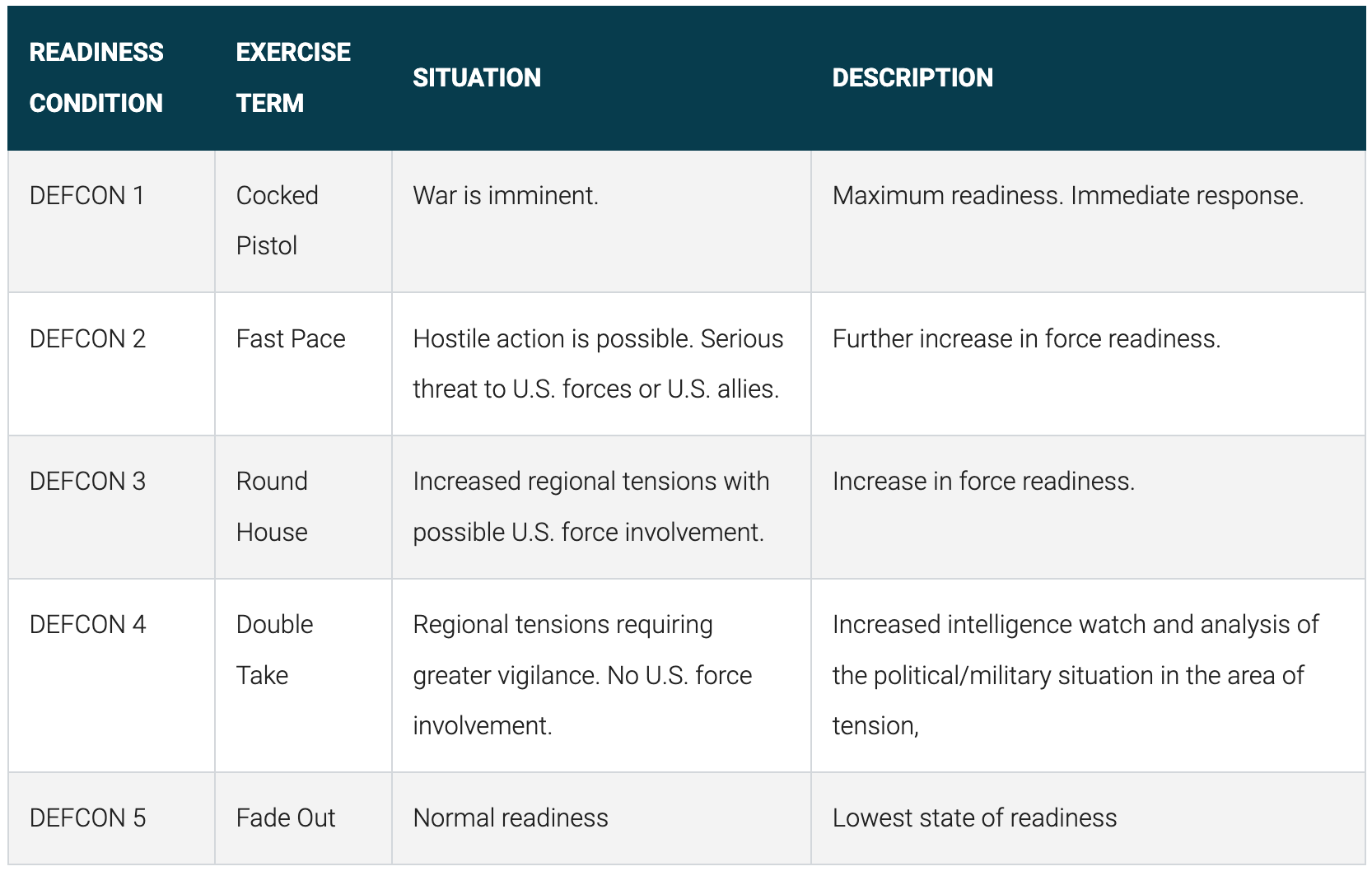When You Want to Switch Jobs
When looking to switch jobs, help us help you.

🎧 Listen to the audio version of this post here.
Recent university graduates often start at a job and quickly want to leave.
Sometimes they pivot to a different industry - say, from finance to tech, or from tech to healthcare. Sometimes they haven't yet earned a job and want to land that first one.
Seasoned professionals might spend years at the same company, or get impacted by a layoff, or simply want to make a switch.
Let's say the person looking for a career change is you.
You need to rely on others to help you make the move. In some cases, however, you're so caught up in getting the next gig, making the right decisions, and doing everything fast, you neglect to help others help you.
Before engaging people and requesting their help, pause. Step into your "think box" and chart your course. Engineer a vision of what you actually want, so you can paint that picture for others.
The exercise will prompt better, smarter questions from you because you'll have thought it through. Then, others will be clear on what, and why, you're after a certain role, as well as how urgently they need to act.
Provide others with context. Ask thoughtful, smart questions. Tell people the timeframe you're working within. Make it easy to pass your name along.
Begin by Adding Context
On a blank canvas, lean-in to answering these questions for yourself.
⒈ What specific roles get me jazzed? Why?
⒉ What specific companies do I want to join? Why?
⒊ How urgent is my search?
Did I need a job yesterday or is there time to breathe?
⒋ Where have I applied and interviewed?
Am I in an active interview cycle now?
⒌ Besides my resume and LinkedIn profile, where else can people learn about me and my work?
Ask Smart Questions
Today, you might hastily ask people:
• Do you know of any open roles for me?
• Can you send my resume to people you know?
• No one is hiring me. Is your company hiring?
• Looks like you're connected to this person. Can you introduce me?
All of these asks mean others have to do the work.
We need YOU to do the work and we'll take it from there.
We want to be excited to tell others about you.
With that in mind, here is how to ask those same questions better:
• I'm on the market for a new job, looking specifically for a role as a {exact title} or an {exact title}. By chance, are you aware of anyone looking for candidates with my background? If not, could you keep an eye out and keep me in mind? Here's a copy of my updated resume and a link to my LinkedIn profile.
• My resume was recently updated, as I'm currently seeking new job opportunities. Would you consider sharing it with influential people you know? When you do, let me know the details so I can follow up with them directly.
• It's a tough job market right now. I've applied to and met with a number of companies about this specific role: {name of role}. I looked at your company's Careers page and it seems they're looking to fill that role. Would you consider introducing me to the hiring manager?
• I'm reaching out to ask you for a favor. I saw you're connected to {person's name}. Would you consider introducing us to one another?
How Soon Do You Need a Change?
It helps to share if your search is urgent or not, especially if you're not working. Factors like the balance in your bank account, looming expenses, or time that has already passed are valid indicators of whether you must move fast or slow.
Did you need a new job yesterday or do you have several months to search? Are we at DEFCON 5 or DEFCON 1? Big difference!
DEFCON is a US Military term that stands for Defense Readiness Condition. Depending on the level of threat to the country, DEFCON serves as an alert system with degrees of urgency and courses of action.
Of course, your job search doesn't need to be so intense (or does it?), but sharing how soon things must happen informs others of your desired pace.

Now, step out of your "think box" and into your "decision box".
It is time for us to execute.
You've decided to start a new job or make a switch to another, better one. You have thought through the change and now have context to your decision. You know how soon things must happen. You have done the work.
So, how can we help?
Hat tip to Pia Nilsson and Lynn Marriott, authors of the incredible book, Every Shot Must Have a Purpose. It's where I learned about the think box and the decision box.